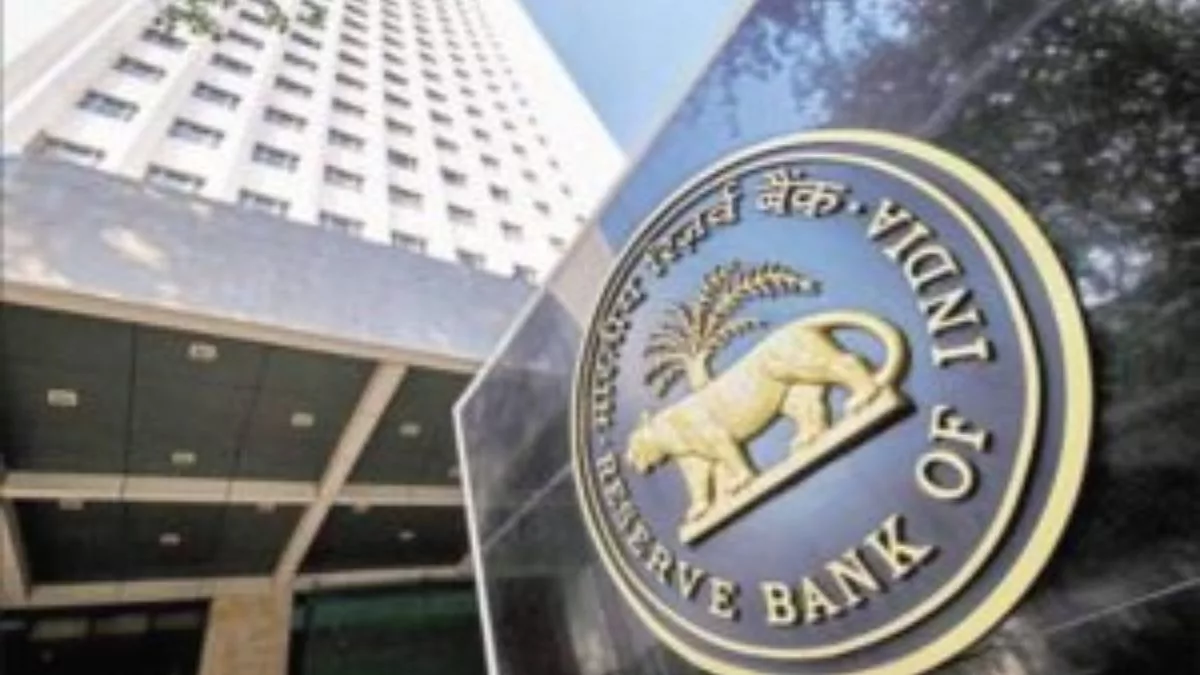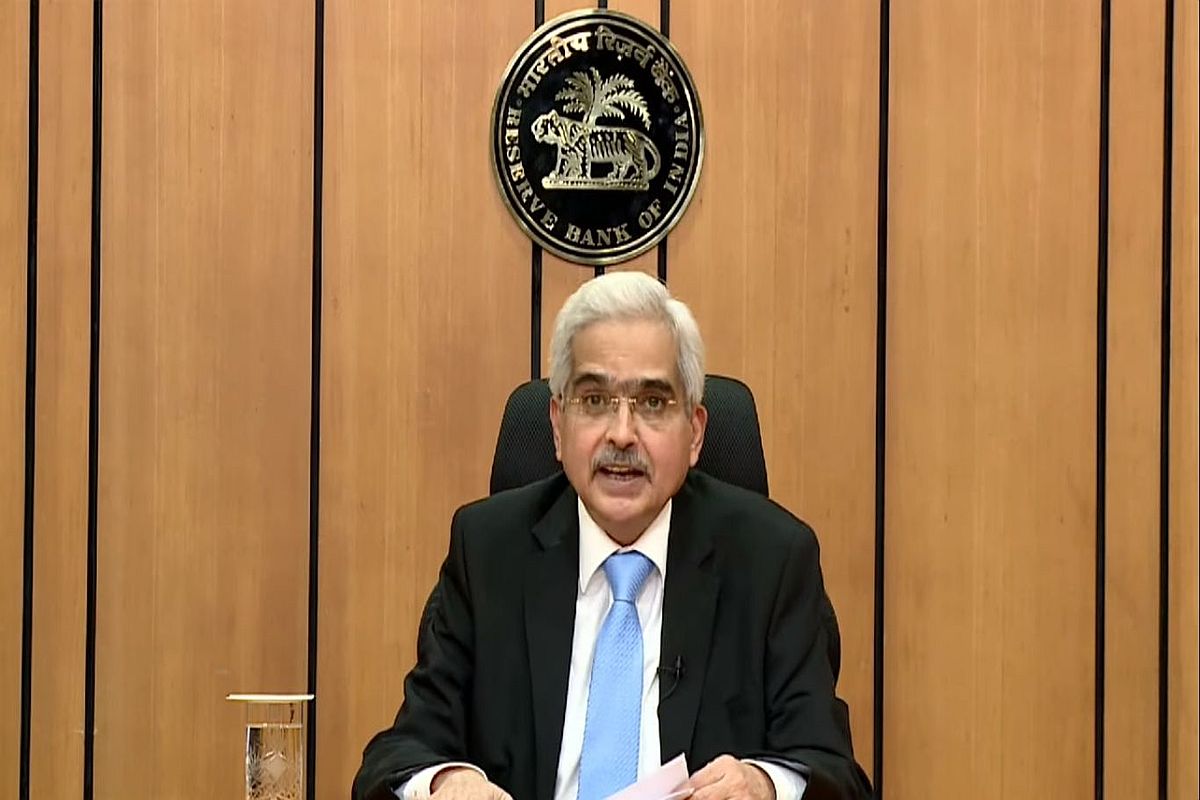Liquidity Disconnect
The Reserve Bank of India has recently flagged a troubling trend ~ rising asymmetries in the shortterm money market rates that threaten the effectiveness of monetary policy transmission.

The Reserve Bank of India has recently flagged a troubling trend ~ rising asymmetries in the shortterm money market rates that threaten the effectiveness of monetary policy transmission.

India's foreign exchange reserves witnessed a spike to USD 665.396 billion during the week ended March 28, the RBI said on Friday. The forex reserve increased for the fourth consecutive week, marking the highest level in nearly five months.

India has lost a towering figure in the Indian economic landscape, former Prime Minister of India, Dr Manmohan Singh.

The global economy remained resilient in the first half of 2024, with declining inflation supporting household spending, it said in its October Bulletin.

Reserve Bank of India (RBI) Governor Shaktikanta Das at the Monetary Policy Committee (MPC) meeting on Friday announced the policy rate unchanged at 6.5 per cent.
The Prime Minister has given a vision that the nation will strive to ensure that the G20 acts as a global “prime mover” to envision new ideas and accelerate collective action over the next one year.
E-currency will be issued by the RBI in same denominations as notes & coins.
The digital currency in the form of tokens issued by the RBI are equivalent to legal paper and coin cash and can be used to represent the retail digital rupee.
The court also restrained the ED from issuing summons to KIIFB Chief Executive officer KM Abraham and Joint Fund Manager Ani Jula Thomas for two months in a case related to the issue of 'masala bonds' by the Kerala Infrastructure Investment Fund Board (KIIFB).
The growth of bank deposits across the market have slowed down to 10 per cent year-on-year (YoY) as per the Reserve Bank of India's (RBI) data, said Kotak Securities Ltd in a report.
